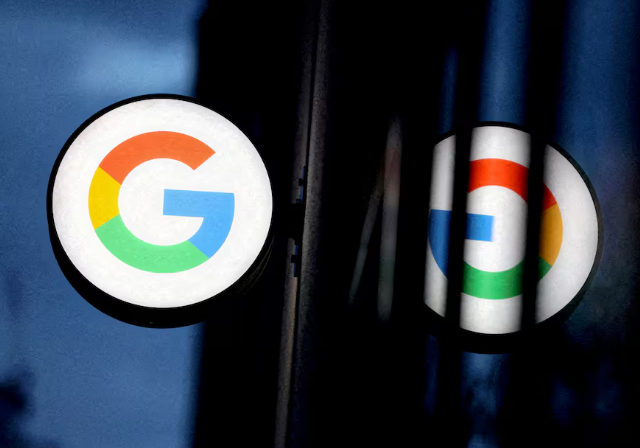The Justice Department directly accused Alphabet’s Google of illegally dominating online advertising technology, seeking another antitrust victory against the tech giant.
Closing arguments in the Alexandria, Virginia, trial concluded a 15-day September session where prosecutors argued that Google monopolized markets for publisher ad servers, advertiser ad networks, and ad exchanges.
“Google rigged the rules of the road,” declared DOJ lawyer Aaron Teitelbaum, urging the judge to hold the company accountable for its anticompetitive tactics.
Teitelbaum asserted that Google’s conduct rendered it “once, twice, three times a monopolist.” Another DOJ attorney, Julia Tarver Wood, dramatized the case by referencing Charles Dickens’ A Tale of Two Cities, suggesting Judge Leonie Brinkema must choose between the DOJ’s view of the ad market and Google’s.
Google’s lawyer, Karen Dunn, pushed back aggressively, arguing the Justice Department failed to meet its burden of proof. She accused prosecutors of disregarding antitrust principles and attempting to overturn key legal precedents.
“The law simply does not support what the plaintiffs are arguing in this case,” Dunn insisted. She maintained that Google’s business decisions were lawful and pointed to the vibrant competition in the online advertising market. Dunn also accused the DOJ of cherry-picking data to fit its narrative while ignoring broader market dynamics.
Amid the legal battle, Alphabet’s stock climbed 1.4% in afternoon trading, reflecting investor confidence despite the trial. During the proceedings, publishers testified that Google’s dominance left them with no viable alternatives.
They explained that abandoning Google, even when dissatisfied with its practices, meant losing access to the massive advertising demand within its network. One witness cited a 2017 News Corp estimate, revealing the publisher stood to lose at least $9 million in ad revenue that year if it switched away from Google.
If Judge Brinkema rules against Google, the Justice Department has proposed forcing the company to sell off its Google Ad Manager platform, which includes its publisher ad server and ad exchange. Earlier this year, Google offered to divest its ad exchange to resolve a separate EU antitrust probe, but European publishers rejected the move as inadequate.
Analysts regard the ad tech case as less financially risky for Google compared to another major antitrust case. In that case, a judge found Google held an illegal monopoly in online search, and prosecutors have argued the company should be forced to sell its Chrome browser. The ad tech trial, while narrower in scope, could still reshape the online advertising landscape if the DOJ prevails.

